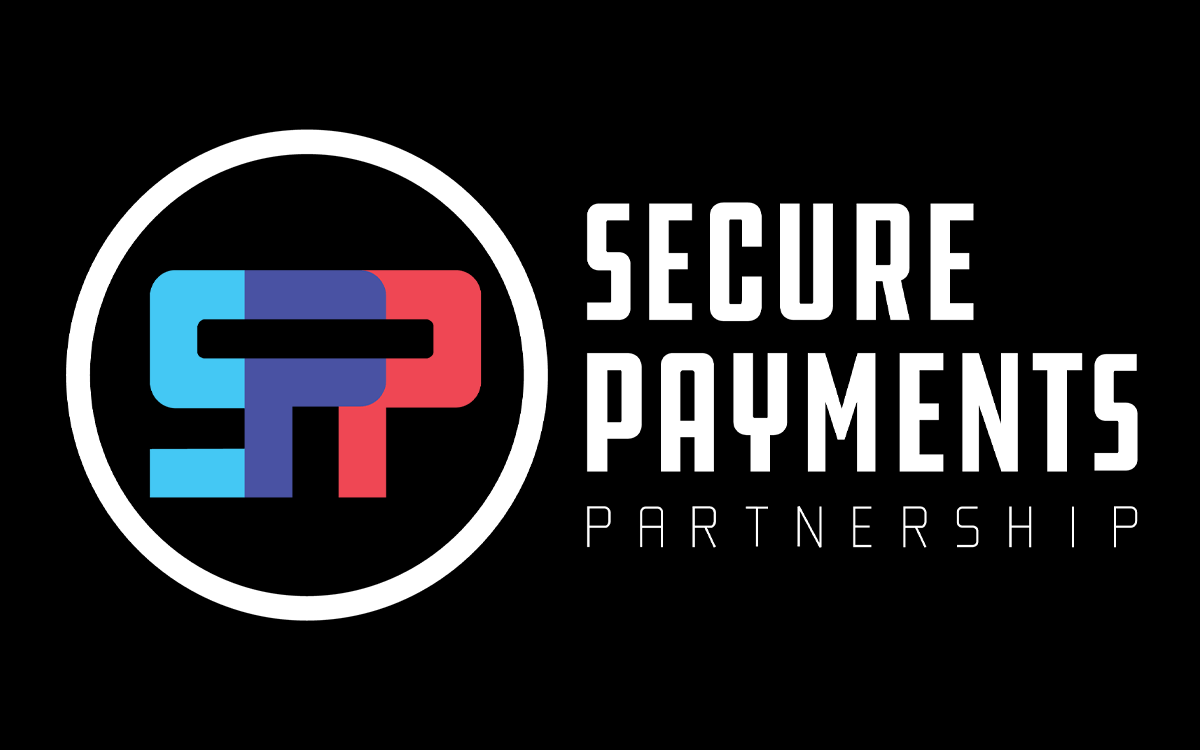SPP’s Commitment to User Privacy
The Secure Payments Partnership (SPP) is committed to protecting your privacy and has prepared this Privacy Policy to describe the types of information collected through this website, www.securepaymentspartnership.com (Site). This policy underscores our commitment to protecting your privacy and governs our data collection, processing and usage practices. It also provides information to change your browser preferences to stop automated information collection via cookies. By using this Site, you signify your agreement to this Privacy Policy. If you do not agree to the terms of this Privacy Policy, please do not use the Site.
Security
The servers that house this Site, are maintained in a manner that safeguards the information in our databases effectively.
Information We Collect
Unless you voluntarily provide us with any personal information, such as your e-mail address, this site does not collect personal information about you without your knowledge. When you visit our site, we collect the following information:
When you access this Site, we collect certain information by automated means. This information may include without limitation: (a) technical information about your computer or Wireless Device, such as Your IP address, device type, operating system type and version, unique device ID, browser, browser language, domain and other systems information, platform types (collectively, “Technical Information”); and (b) usage statistics about your interaction with the Site, including pages accessed, time spent on pages, pages visited, search queries, click data, date and time, and other information regarding your use of the Site (collectively, “Usage Data”).
This Technical Information and Usage Data is collected through the use of server logs and tracking technologies, including: (i) cookies, which are small pieces of code that websites send to your computer or Wireless Device to uniquely identify your browser or mobile device or to store information in your browser setting; and (ii) web beacons, which are small objects that allow us to measure the actions of visitors using the Site.
Geolocation Information: IP addresses received from your browser or device may be used to determine your approximate location, such as the city, state and/or country associated with an IP address.
Digital Advertising & Site Analytics
We may work with ad networks and other ad serving providers (“Advertising Providers”) that serve ads on our behalf on non-affiliated platforms. Some of those ads may be personalized, meaning that they are intended to be relevant to you based on information Advertising Providers collect about your use of the Site and other sites or apps over time, including information about relationships among different browsers and devices.
We may also work with third parties that collect data about your use of the Site and other sites or apps over time for non-advertising purposes. We use Google Analytics and may use other third-party services to improve the performance of the Site and for analytics and marketing purposes. For more information about how Google Analytics collects and uses data when you use our website, visit www.google.com/policies/privacy/partners/ and to opt out of Google Analytics, visit tools.google.com/dlpage/gaoptout.
Use of Information
If you choose to provide any personal information, such as your e-mail address, mailing address or phone number, we may use that information to contact you.
Third Party Websites
The Site may provide links to third-party websites or apps, including our social media pages. We do not control the privacy practices of those websites or apps, and they are not covered by this privacy notice. You should review the privacy notices of other websites or apps that you use to learn about their data practices.
The Site may also include integrated social media tools or “plug-ins” such as social networking, photo sharing, and video streaming tools offered by third parties. If you use these tools to share personal information or you otherwise interact with social media features on the Site, those social media companies may collect information about you and may use and share such information in accordance with your account settings, including by sharing such information with the general public. Your interactions with third-party social media companies and the use of their features are governed by the privacy policies of the social media companies that provide those features. We encourage you to carefully read the privacy policies of any social media accounts you create and use.
Opting Out of Cookie Tracking
You have the right to accept cookies installation on your device and to change your decision at any time by modifying the settings of your internet browser. For more information on changing your browser preference please visit the relevant information websites linked below:
Internet Explorer
Safari
Chrome
Firefox
Opera
Changes to Our Privacy Notice
If we decide to change our privacy notice, we will post these changes on this page. We encourage you to visit this page periodically to learn of updates.
Contact
If you have questions, comments or concerns about this privacy notice, please contact us at: privacy@securepaymentspartnership.com.
